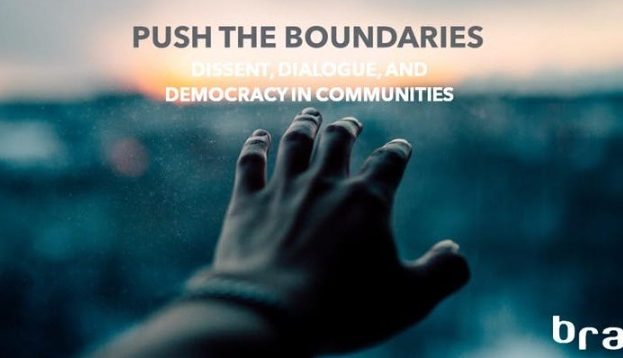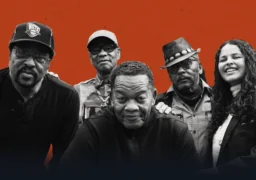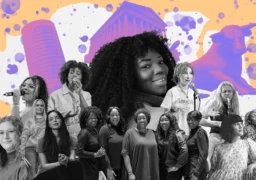
Over the last 18 months, we’ve been trialling new ways of having conversations that allow people to express – and hear – views that are a little outside the mainstream. The kind of thing that in the past we’ve labelled ‘xenophobic’ or ‘outdated’.
Why? Well, after the Brexit vote we talked to people about their reasons for voting to leave.
While there were many reasons people didn’t want to stay in the EU, it is now unequivocally clear that people’s feelings about immigration and integration played a significant part in their choice to leave.
Could better and more open dialogue have changed the outcome?
Typically voices that spoke of their concern around immigration, integration and our changing communities were silenced. Too racist, too extreme, offensive, outdated – while the reasons for excluding those voices are varied, the outcome was pretty much the same, we had a whole group of people who were unable or willing to share and explore the things that mattered most to them.
A NEW APPROACH
If we had created safe and shared spaces where all voices, even those that appear in opposition to our values, could have been heard, might our integration discussions look and feel different?
This event will help practitioners and activists working to improve integration consider what better, more open, and more progressive dialogue looks like. How might we create a more inclusive environment for challenging conversations? How do we
- democratise our shared spaces? This event will give you the chance to explore:
- our beliefs and how these can impact on opportunities to engage
- our responsibilities to all communities, and what this might mean for how we work
- our role in helping to manage change
We’ll also share what we’ve learned from our 30+ community conversations and invite you to add your voice and experience to the mix.
WHO SHOULD ATTEND?
This event is open to anyone interested in these issues. We are particularly keen to involve practitioners, volunteers, and activists. We also invite students who are working or studying in the following areas: community development, cohesion, integration, equality, and resident participation to attend. We are keen to engage people working at all levels including leadership, management, governance, frontline workers, and volunteers and practitioners working in the field of integration.
For more information please call Cheryl on 0121 272 8453








